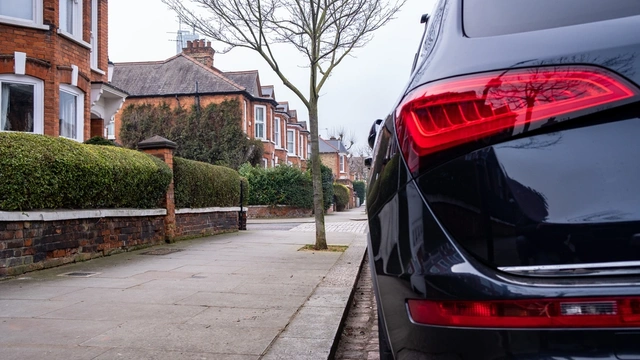With the UK moving towards greener transport, the idea of pay-per-mile road tax has grabbed attention. This system would swap out the traditional flat road tax fee for a system that ties costs directly to how much you drive.
Let’s break down what this could mean for you as a motorist—whether you’re a daily driver, an occasional road-tripper, or an electric vehicle (EV) enthusiast!
What is pay-per-mile road tax?
Unlike the current annual road tax, which stays the same no matter how much you drive, pay-per-mile charges you based on the distance you cover. For occasional drivers, this could lead to savings, but for those racking up miles—such as commuters or rural residents—this new model could mean higher costs.
What could this mean for different drivers?
- Light drivers: If you’re only using the car for quick trips to the shops or an occasional weekend drive, pay-per-mile could save you quite a bit. You won’t be paying the same as someone commuting long distances every day, which could put a little extra cash back in your pocket.
- Daily commuters & rural drivers: If your lifestyle requires frequent long trips, though, this model might bring some increased costs. While it aims to be fairer, this system may push up expenses for those who don’t have easy public transport options.
- EV owners: Currently, EVs are exempt from road tax, but that exemption will end in March 2025. For those driving long distances, pay-per-mile could mean a rise in yearly costs. But for low-mileage EV owners, it could still be cheaper than a flat-rate road tax.
Why consider pay-per-mile?
Our in-house motor finance expert, Lorna Macpherson, has shared her thoughts on the latest.
“This model could give drivers more control over their expenses. By paying based on actual usage, it feels fairer—especially if you’re trying to keep your driving to a minimum. Pay-per-mile could lead to more mindful driving, potentially easing congestion and cutting down emissions as people think twice about unnecessary trips.”
What about fuel duty?
Pay-per-mile road tax isn’t the only factor that could affect your motoring budget. There’s also the possibility of fuel duty increases, which could further stretch household budgets. With the average UK household already spending around £3,500 a year on vehicle-related costs, every bit helps when it comes to saving.
5 ways to cut your motoring costs
We spoke more with Lorna to get some of her top tips for reducing your motoring expenses:
1.Drive more efficiently
Small adjustments like reducing your speed on the motorway and avoiding hard acceleration can lower fuel consumption by up to 25%.
2. Consider fuel-efficient cars or EVs
Thinking of upgrading? Look at fuel-efficient models or EVs, which can save you hundreds annually on fuel and maintenance—though the upfront cost is higher.
3. Regular maintenance
Keeping your tyres inflated and getting regular service checks can save you from costly repairs and keep your car running smoothly.
4. Shop around for insurance
Insurance premiums vary widely. Switching providers or opting for pay-per-mile insurance if you’re a low-mileage driver can result in significant savings.
5. Share the ride
Car-sharing with colleagues or neighbours cuts fuel costs and reduces wear on your car, which can save you money in the long run.
As the UK explores new ways to support sustainable driving, changes like pay-per-mile road tax could affect your budget. If you’re interested in finding smart ways to manage your finances—from motoring costs to saving strategies—take a look around our blog!
Fiona is a personal finance writer with over 7 years’ experience writing for a broad range of industries before joining Ocean in 2021. She uses her wealth of experience to turn the overwhelming aspects of finance into articles that are easy to understand.
![Email icon]()
Become a money maestro!
Sign up for tips on how to improve your credit score, offers and deals to help you save money, exclusive competitions and exciting products!
Find this useful? Share it with others!









